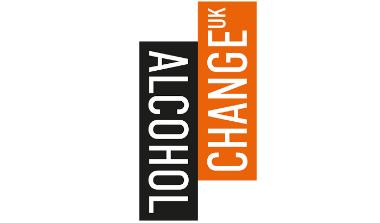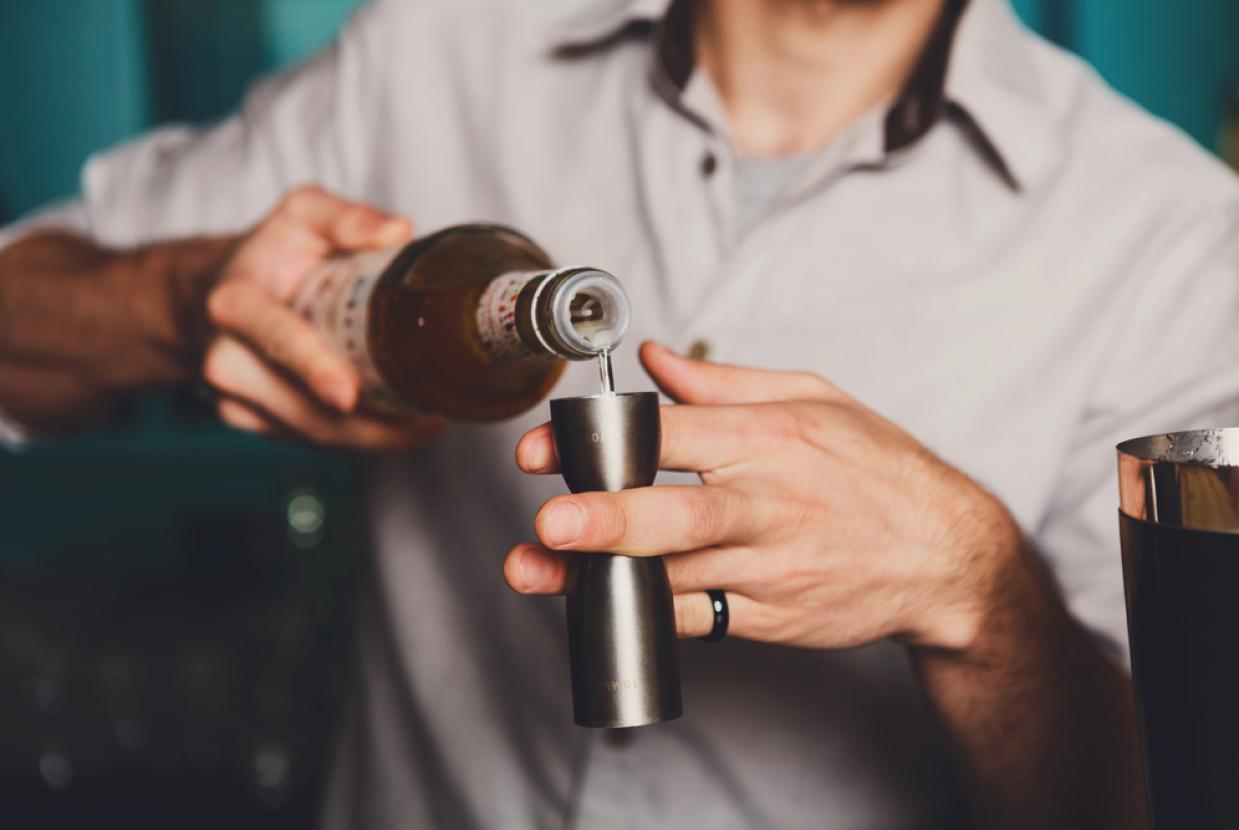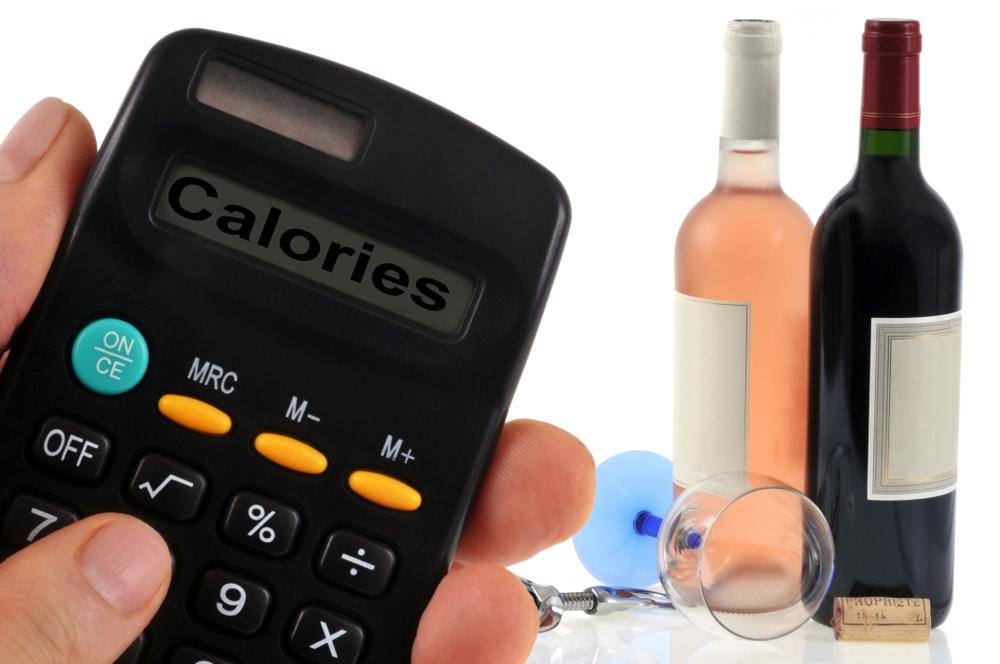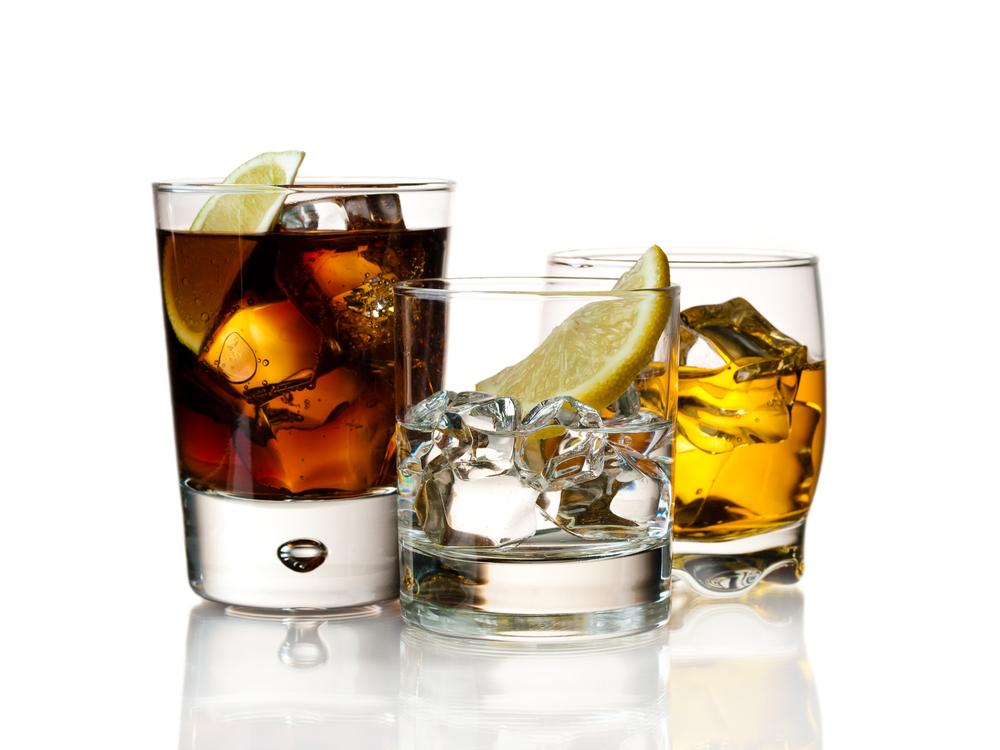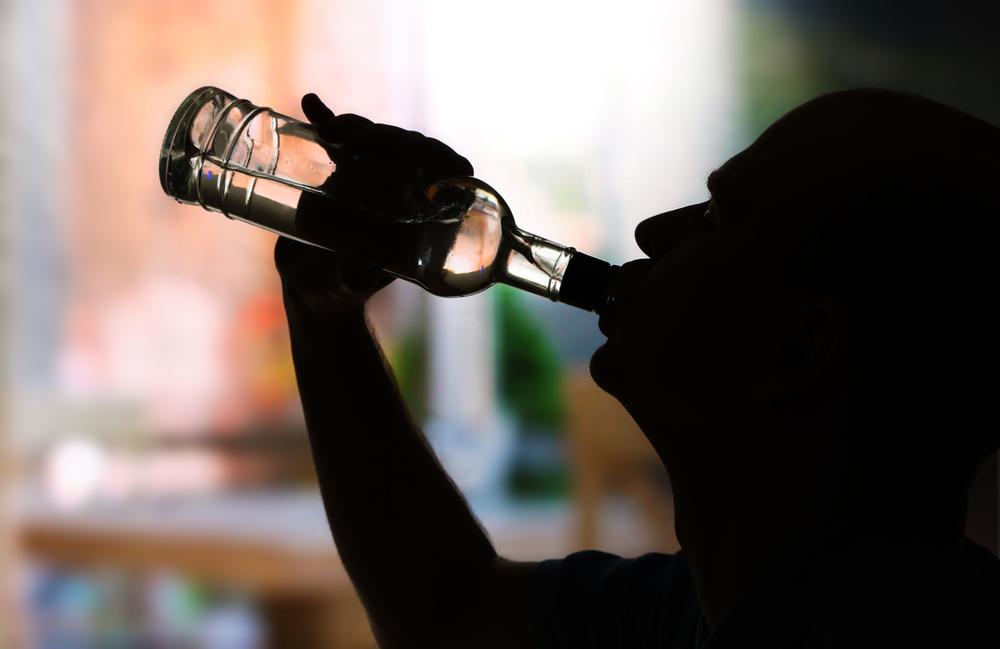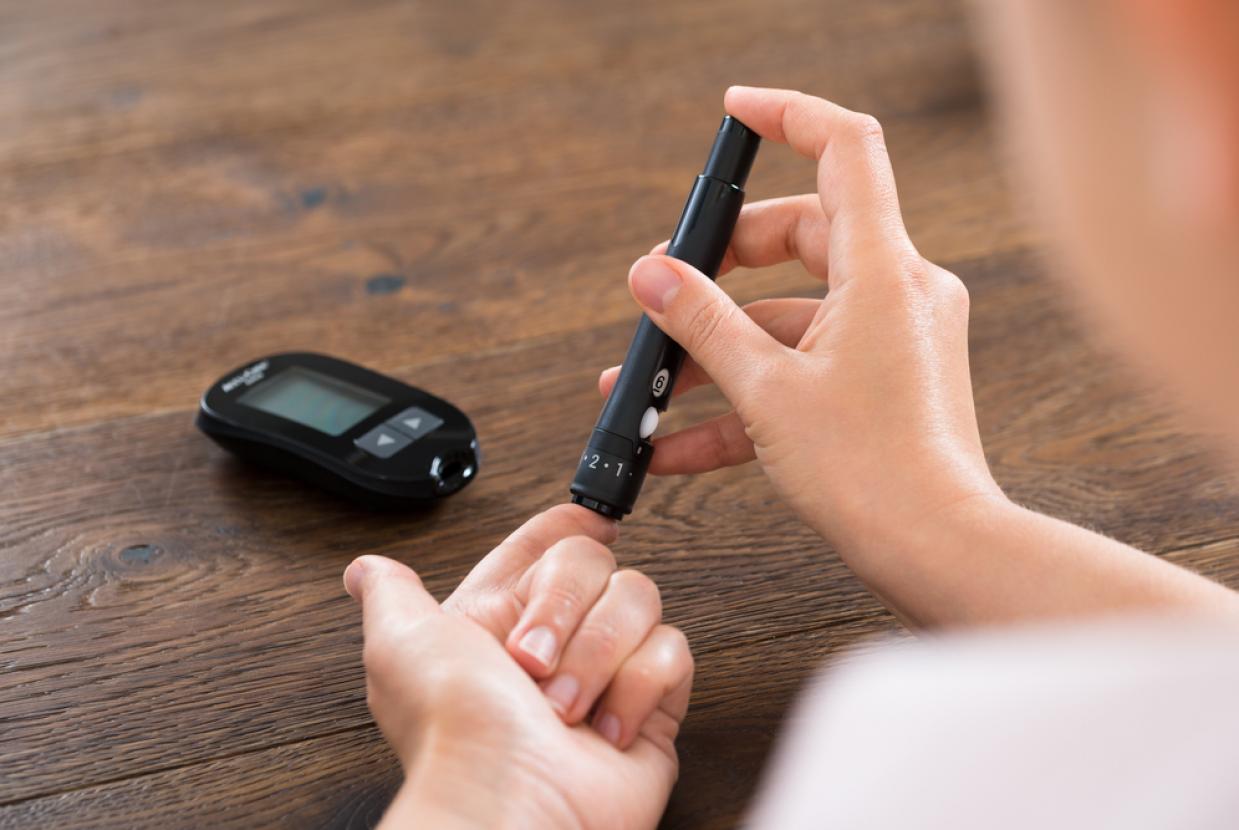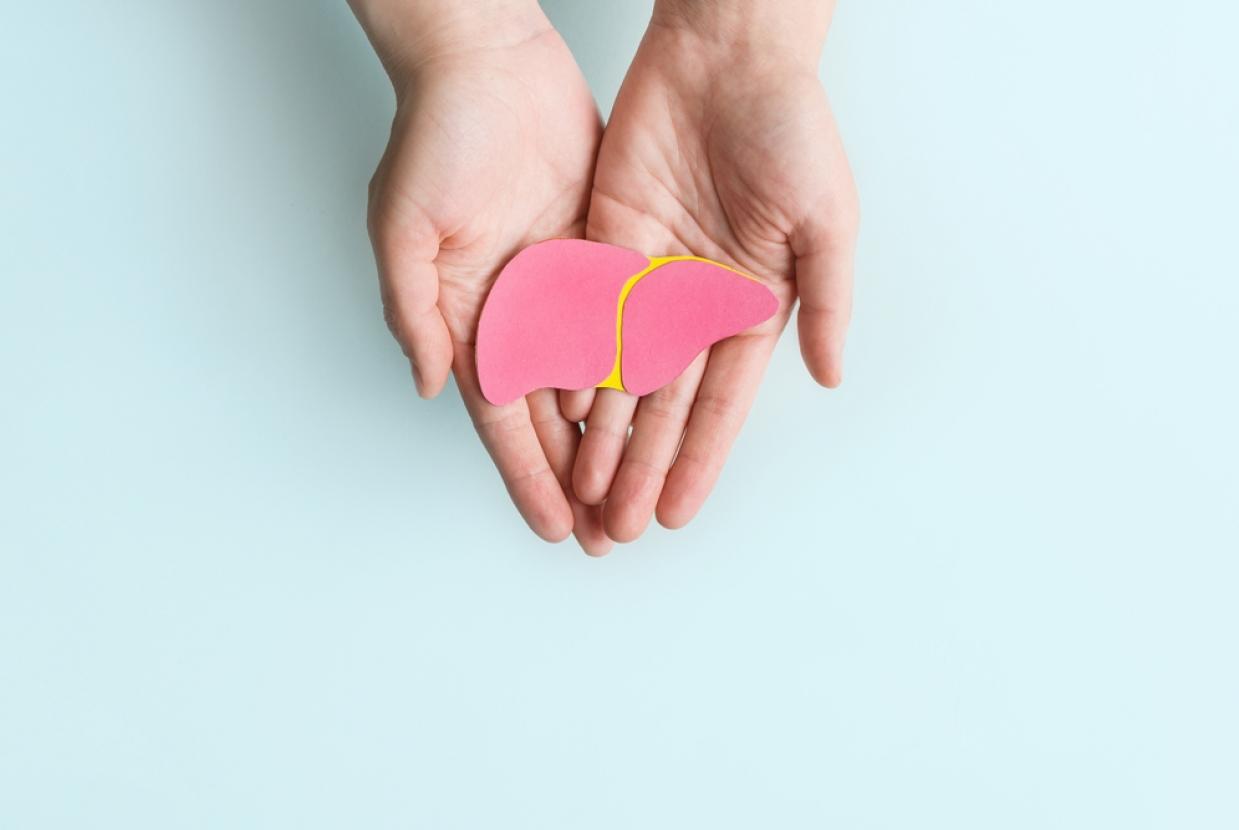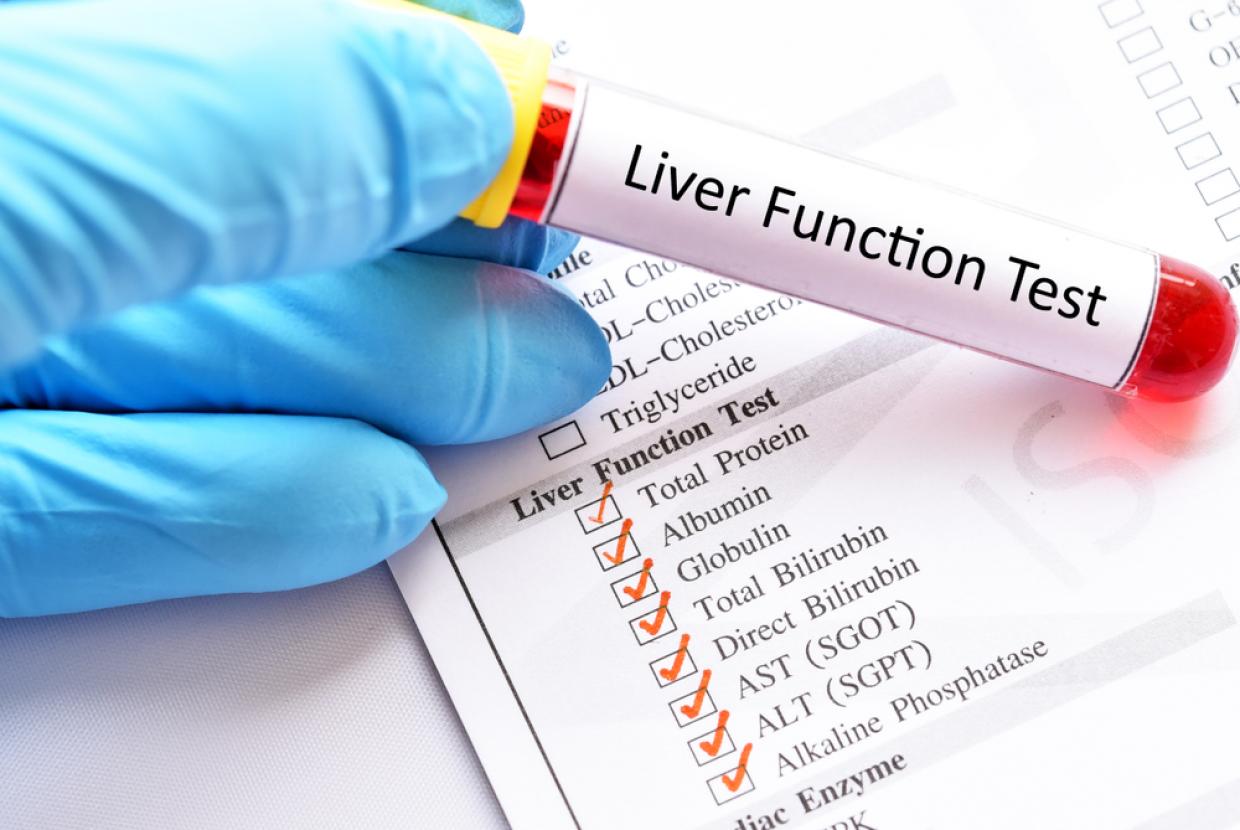Confusing Research: Is Moderate Drinking Safe?
Alcohol GuidanceA number of reports have been published which seem to send contradictory messages on alcohol consumption and health.
First, a study on alcohol and dementia suggested a clear increase in risk when consuming above 14 units a week, but also a higher risk for non-drinkers. Then another study from the same team was published which found that non-drinking was linked to higher risk of coronary heart disease. Finally, a global study of population health argues that there is ‘no safe dose’ of alcohol in terms of health risk.
What are we to make of such seemingly contradictory messages? Is moderate drinking safe, or isn’t it? How much is too much? What is the guidance we should follow?
Understanding the risk
Much as everyone likes a simple answer, the reality is that the science is complex and the decisions we make are rarely based on one set of risks. Indeed, while reducing alcohol harm across the population is an important policy goal, for individuals the question should not really be ‘how can I balance the specific risk of one health condition against another, so that I know exactly how much to consume?’ – since, ultimately, ill-health is also a matter of other lifestyle choices, social conditions and, simply, luck. Furthermore, risks vary for individuals and national guidance can only ever be a rough guide.
Nevertheless, one thing many of the recent studies seem to converge on is the finding that, if you do drink, then 14 units a week or less is a low-risk ‘sweet spot’. For most conditions linked to alcohol, risks start to rise when drinking above this level. Of course, many of these risks are small to begin with so an increase in ‘relative risk’ doesn’t mean they suddenly become acute as soon as 14 units is passed. The purpose of health guidance should not be to create unnecessary anxiety. Equally, this week’s paper on heart disease (a study of over 35,000 people over a 10-year period) adds to growing evidence that there is a protective effect of low levels of alcohol consumption on the heart for some people.
So what should we do?
The main point is to note that up to and around 14 units of alcohol a week, the risks of all conditions is low. Similarly, the protective effects of alcohol on the heart are largely cancelled out if one takes into account the range of other risks linked to any alcohol consumption. If you’re drinking between 0-14 units a week, the best advice is probably to not worry about this issue at all.
However, one benefit of these recent debates on health is that they can encourage all of us to look again at how much we actually drink and make informed choices on that basis. When you actually count up your consumption the results can be surprising.
The science is complex, and the choice is yours. Guidelines are not personalised advice; your risk will be different to mine, and my risk today will be different to what is was ten years ago. However, they do provide a benchmark (roughly a 1 in 100 hundred risk of dying from an alcohol-related condition) against which to base decisions.
If you’re drinking within them, the chances are alcohol will make no difference to the length of your life. If you’re drinking above them, then keeping track for a week might give you a more accurate picture of how much you’re consuming. Putting that figure into a drink tracker, or an AUDIT tool will then be helpful in guiding what to do next.


